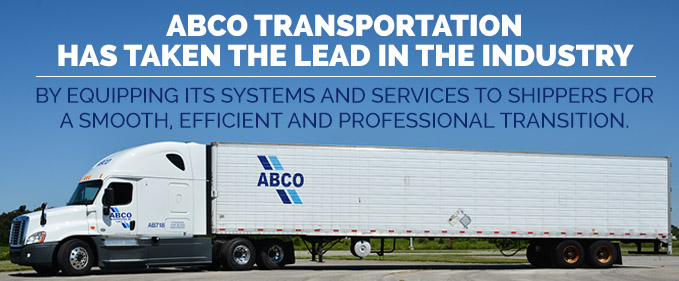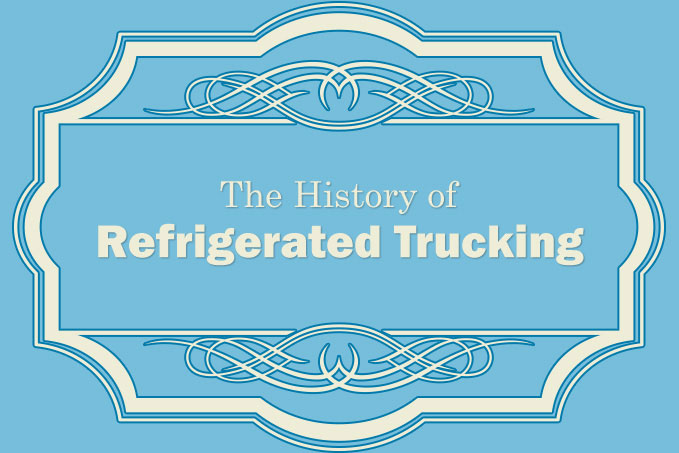The momentum for approval of the federal government’s electronic logging device (ELD) mandate continues to build with expectations of full implementation by the end of this year.
The government is requiring installation of ELDs in the more than 3.5 million commercial trucks that travel public roads in the United States by the end of December.
The mandate’s objective is to make roads safer, trucking fleets more accountable and the industry as a whole more efficient. Enacted into law in early January 2016, the mandate gave fleets and independent owner operators two years to comply with provisions in the mandate.
While a majority of industry leaders view the mandate favorably, some find its requirements intrusive and onerous, arguing it infringes on drivers’ constitutional rights of privacy and against unreasonable searches and seizures.
U.S. Court Denies Appeal Blocking Mandate
A few legal roadblocks have been erected along the way in an attempt to block or divert passage of the mandate. The three-judge Seventh Circuit Court of Appeals heard oral arguments Sept. 13, 2016, in Chicago and recently ruled in favor of the Federal Motor Carrier Safety Administration (FMCSA). The ruling allows the 800-page mandate to proceed to full implementation. The court had ruled against the FMCSA in 2011.
The Owner-Operator Independent Drivers Association (OOIDA) had filed the legal challenge in an effort to overturn the ruling, which would in effect postpone its implementation indefinitely. The association called the mandate “arbitrary and capricious.”
Drivers Association Files Second Petition
The association filed its second petition on Dec. 14, 2016, with the Court of Appeals, asking for a rehearing of the case. The association states that the court failed to consider other judicial rulings in making its determination.
“In our previous case on this issue, the court ruled based on just one of our arguments – harassment. This time, we have again raised several issues that should be taken seriously and we hope to have a full review by the court,” said OOIDA Executive Vice President Todd Spencer.
Understanding the Mandate
Federal officials say the mandate introduces a level of technology to the commercial transportation industry that would reduce fleets’ paperwork involving the tracking of shipments, transport routes and drivers’ road time, and gauges compliance with federal safety standards. The ELD system would thus enable fleets to operate more efficiently and effectively.
ABCO Taking To The Fast Lane

ABCO Transportation has taken the lead in the industry by equipping its systems and services to shippers for a smooth, efficient and professional transition.
Here are important aspects involving ABCO Transportation’s systems:
- ABCO’s engineers are already employing ELD technology, which means shippers can expect no lapse in service.
- ABCO is already able to monitor drivers’ hours more closely and make strategic planning decisions to maximize productivity. ABCO also provides innovative routing solutions for freight movements.
- ABCO’s systems provide fleets and drivers with increased visibility. ABCO’s ELDs record drive time; monitor the movement of trucks; and record duty status, miles and location information. ABCO’s real-time visibility system enables shippers and carriers to determine with precision accurate pick-up times to arrange adequate dock-door labor.
- ABCO’s ELD-compliant systems significantly enhance highway safety, giving shippers the extra assurance their cargo will arrive on schedule.
Are you finding the right trucking company to take care of your shipping needs? Contact us today.


